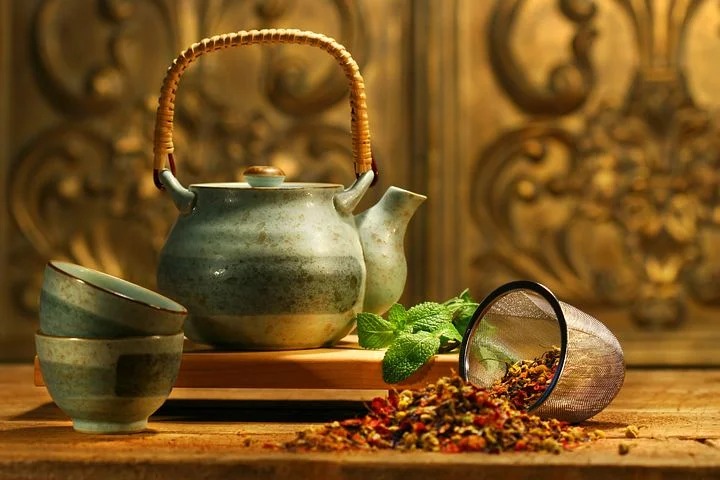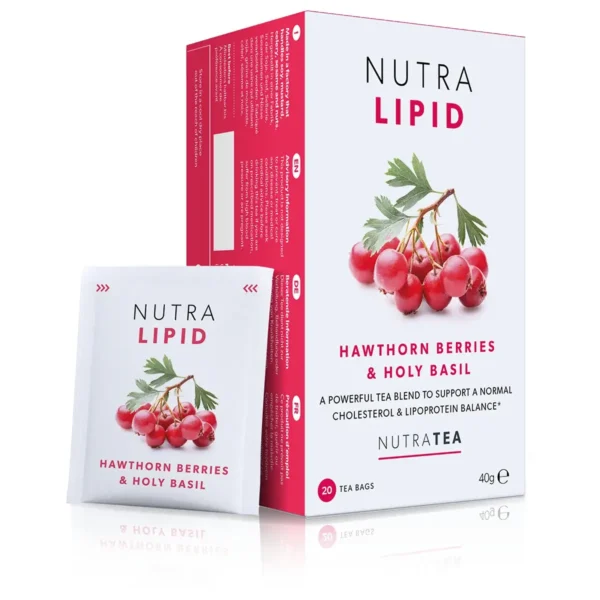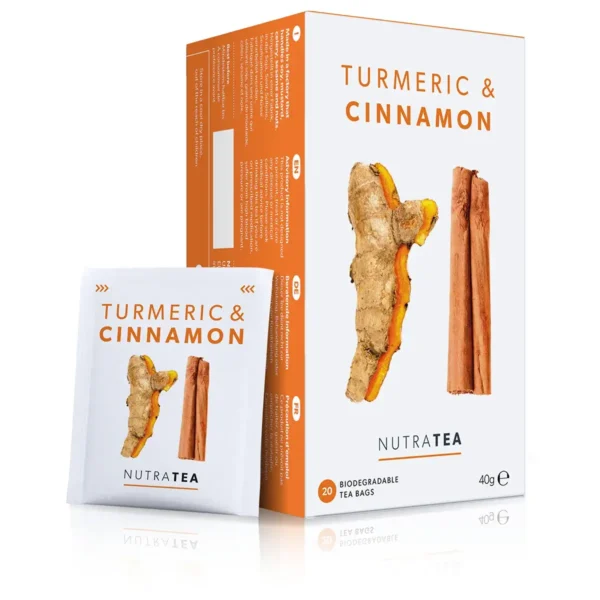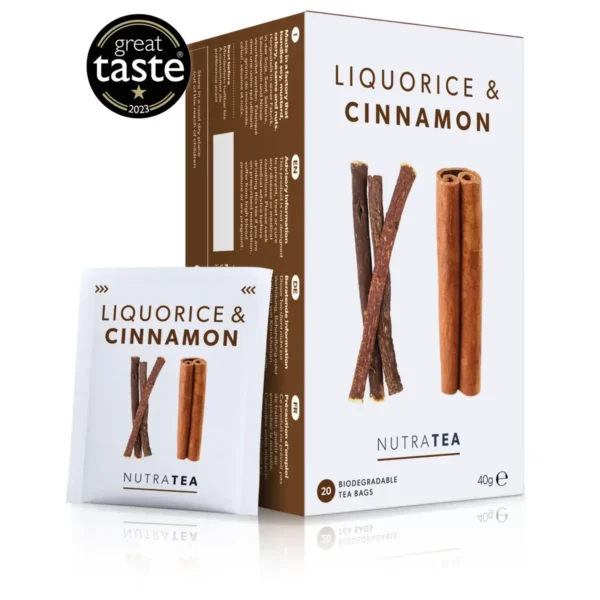NutraBlog
Can Drinking Herbal Tea Help Your Circulation?

Good blood flow is essential to make sure our cells get all the oxygen and nutrients they need. Discover whether herbal tea can help your circulation in our latest blog post.
—
Your circulatory system has a vital role to play in delivering oxygen and nutrients to your body’s cells – and taking away waste too. So, even if you are perfectly healthy, looking after your circulation is important to make sure you stay that way.
Of course, if you are an athlete or an exercise enthusiast, you also know that good blood circulation is key to performance and recovery. When your circulation is working efficiently, you get plenty of oxygen to your muscles, helping you avoid fatigue for longer.
Plus, blood circulation is part of how our bodies regulate temperature, so good blood flow can help prevent overheating during exercise.
On the other hand, if you are experiencing signs of poor circulation, it is even more essential to take steps to improve the situation. If areas of your body aren’t getting enough blood, those areas will be missing out on nutrients and oxygen that they need to function properly.
Symptoms of poor circulation include:
- Tingling
- Numbness
- Cramps
- Swelling
- Pale or blue-tinged skin
- Weak muscles
- Cold or painful extremities (e.g. fingers and toes)
If you do notice signs of poor circulation, it’s important to see a doctor. There are many different causes of reduced circulation, but some can be serious, so you’ll want to address the underlying issue as well as the symptoms themselves.
Common causes of poor circulation include peripheral arterial disease (PAD), which is a narrowing of arteries in the legs; diabetes; varicose veins; blood clots; and Raynaud’s disease, which affects the arteries in the fingers and toes, especially during cold weather.
How Can You Improve Blood Circulation?
Whether you’re experiencing poor circulation, looking to improve your workouts, or just want to protect your circulatory system for the future, there are several things you can do to improve your circulation.
These include getting your body moving with regular cardio workouts, giving up smoking, staying well-hydrated, and eating a healthy diet with plenty of fibre and omega-3 fats. Keeping warm can also give your blood circulation a boost by opening up your blood vessels to allow blood to flow more easily.
So, where does herbal tea fit with all of this? Sipping on a comforting warm brew might lift your spirits, but can it also give your blood circulation a boost?
Indeed it can. While you should still see a doctor if you are regularly experiencing signs of poor circulation, those looking to support healthy blood circulation might well find that incorporating herbal teas into their day can help – as we’ll explain in this blog post.
How Does Herbal Tea Help Blood Circulation?
1. It’s Warming
Let’s start with the basics. As we’ve already seen, our blood vessels respond to warmth by dilating (widening), allowing blood to flow more easily. It’s part of how our bodies regulate temperature, bringing more blood to the skin’s surface so that we can lose excess heat.
As a result, drinking a warm drink (like a cup of herbal tea) may help to increase your blood circulation.
2. It’s Hydrating
A whopping 90% of our blood is made up of water, which means our hydration levels play a vital role in keeping our circulation moving properly.
When we get dehydrated, the volume of blood available in our bodies decreases. Our bodies will try to compensate by raising our heart rates (which can in turn raise our blood pressure). But when we’re properly hydrated, our hearts don’t need to work so hard to keep blood flowing smoothly around our bodies.
Many of us struggle to drink enough during the day but herbal teas are a delicious way to stay hydrated. Tastier and more appealing than plain water, herbal tea is also low in calories and sugar – a healthy alternative to fizzy drinks or fruit juices.
3. Some Ingredients Boost Blood Flow
Keeping us warm and hydrated are definitely bonuses, but the same can be argued of other warm drinks. What is it about herbal tea that makes it especially good for our circulation?
Well, it depends a bit on which blend you choose. But some herbal tea ingredients bring the extra benefit of directly affecting our circulation. Many act as vasodilators, meaning they widen the blood vessels and help blood to flow more easily.
This isn’t an exhaustive list. But some common herbal teas that can help your circulation include:
1. Green tea
Green tea’s high antioxidant content helps to keep your cardiovascular system healthy. In particular, green tea contains high levels of EGCG, which may help to break up plaque and prevent the narrowing of your blood vessels.
2. Cinnamon
Warming cinnamon has been used in many different traditional healing systems to boost the circulation and support a healthy cardiovascular system. A vasodilator, it helps to widen blood vessels and lower blood pressure.
3. Garlic
Pungent garlic might not be your first thought when it comes to tea, and we certainly don’t recommend drinking it on its own. But as part of a herbal tea blend, garlic can make a surprisingly palatable drink – one that has benefits for your circulation too. Another traditional remedy, garlic increases blood flow by relaxing the blood vessels.
4. Turmeric
A potent anti-inflammatory, turmeric is another warming spice that is great for blood circulation. It helps to reduce oxidative stress and protect our cardiovascular health, keeping our blood flowing easily.
5. Hawthorn
Traditionally known as the herbal medicine for the heart, hawthorn has more than earned its reputation. As well as boosting blood circulation, it supports heart function, eases the symptoms of heart failure, and may help lower blood pressure too.
You can find green tea, cinnamon, garlic, turmeric, and hawthorn in our NutraLipid blend, along with other ingredients that support your cardiovascular health and help you maintain healthy cholesterol levels.



